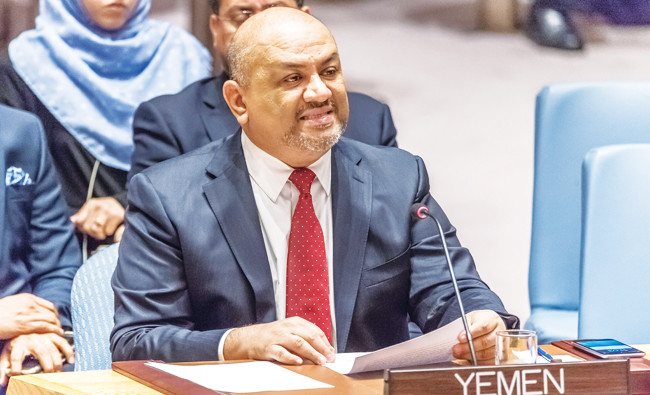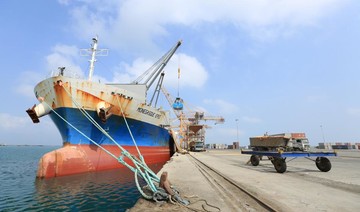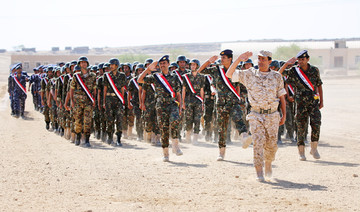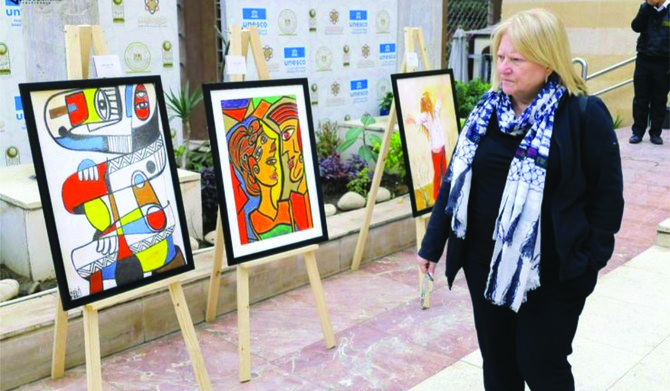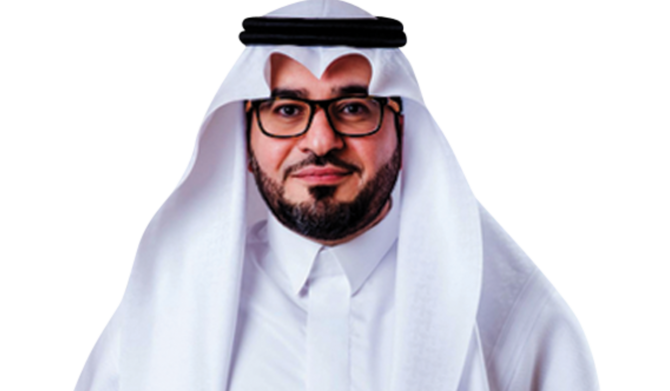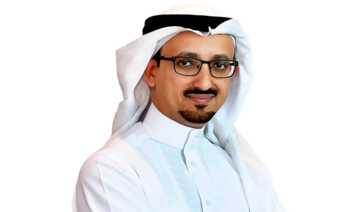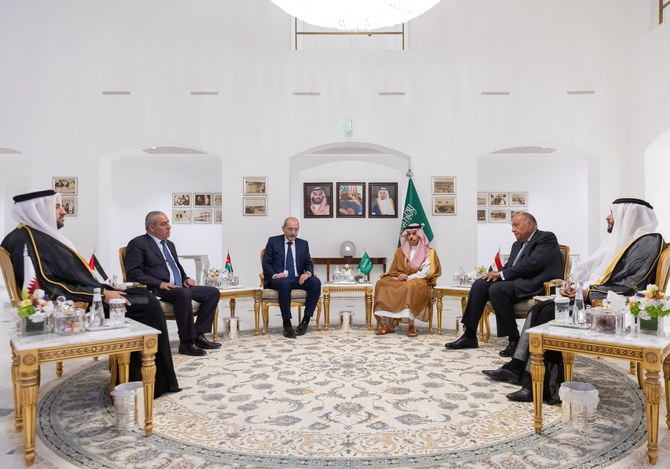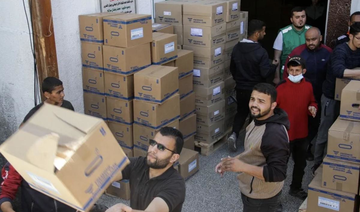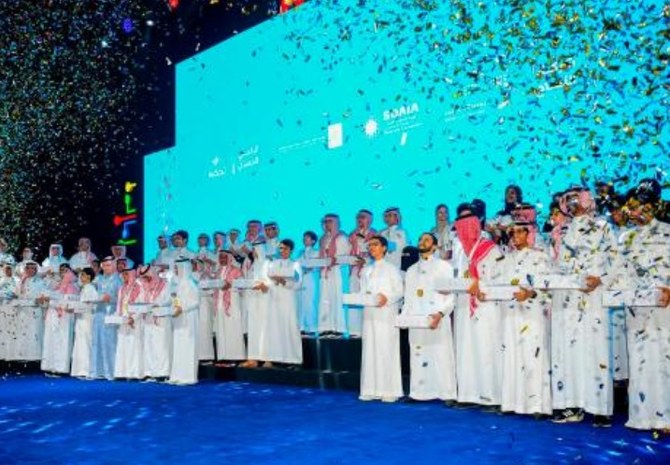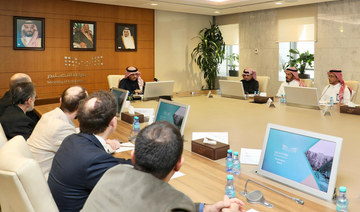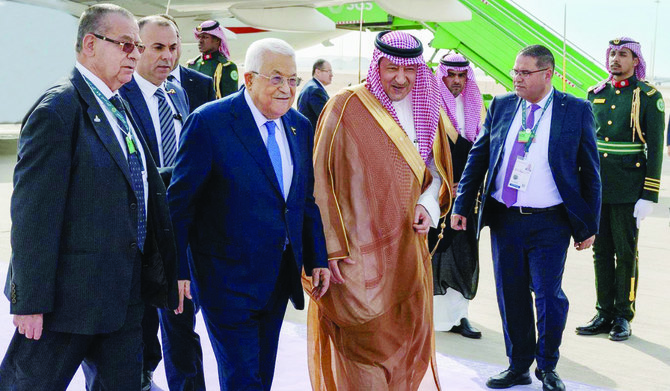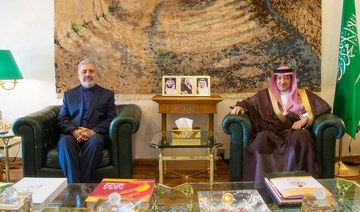LONDON: There cannot be peace in Yemen unless Houthi militias abandon their arms, said the country’s newly appointed Foreign Minister Khalid Al-Yamani.
The internationally recognized government will not allow Iran, which backs the Houthis, to maintain a foothold in Yemen or interfere in its internal affairs, he added.
“This terrorist regime” in Tehran, “which supplies terrorist militias all over the world, is close to collapse as a result of international and popular pressure by the Iranian people, who are suffering as their terrorist state spends billions here and there for a foolish expansionist idea,” Al-Yamani said.
“The modern and civilized world that respects international law cannot accept the existence of a state sponsor of terrorism and all subversive and terrorist militias in the region,” he added.
“If Iran wants to be part of the social, cultural and political fabric of our region, it must rationalize its behavior.” Its “terrorist behavior… encourages the spread of violence in the region,” he said.
Al-Yamani added that he will start his tenure as foreign minister by focusing on negotiations and the efforts of the UN special envoy to Yemen, Martin Griffiths.
The government is working round the clock with the envoy’s office so he can present his ideas on June 7 after consultations with the government, Al-Yamani said.
There will be meetings in the next few days with Yemeni President Abed Rabbo Mansour Hadi, and a special meeting with the negotiating team, all within the framework of the envoy’s efforts in the region, Al-Yamani added.
Griffiths has visited several countries in the region, and has met with Yemen’s government and the leadership of the Saudi-led Arab coalition.
The Houthis “suggest that political arrangements should come before security and military arrangements,” said Al-Yamani.
But “the coup against the state in January 2015 came as a result of the preference of political over security arrangements,” he added.
“And after the Houthis achieved their goals, they turned against the national consensus reflected in the peace and partnership agreement, under which the president provided facilities to save the homeland from the fate we have reached today,” Al-Yamani said.
“We cannot talk about any political arrangements because we consider them to be a foregone conclusion if we achieve the withdrawal and delivery of heavy and medium weapons and missiles,” he added. “We cannot retry something we tried before... The coup must end.”
The Houthis’ “weapons and missiles must be handed over, and there is no room for dialogue or negotiation about them,” he said. “Heavy and medium weapons should be handed over, and those militias must be withdrawn.”
Al-Yamani criticized Iran’s ambassador to the UN for speaking in dovish language while his country causes destruction in Yemen.
“Most of what we have been able to remove of the mines planted by the Houthis had the trademark of Iranian industry,” Al-Yamani said.
“Even if we achieve peace today, we will need decades to demine... There will be no possibility of safe living in the areas where mines were planted.”
Al-Yamani expressed the gratitude of his government and people for the Saudi-led coalition’s support for the government to achieve security and peace in Yemen and the whole region.
Alongside military operations, the coalition is undertaking humanitarian work to “rebuild the humanity destroyed by the Houthis, rebuild the Yemeni psyche destroyed by the war, distribute goods throughout Yemen, and reconstruct what was destroyed by the Houthi war machine,” he said.
“All this confirms that the project of restoring the state… is the project of life,” which is “opposed to the project of death brought by Iran and its Houthi militias to Yemen,” he added.
This interview is simultaneously published in Asharq Al-Awsat.



